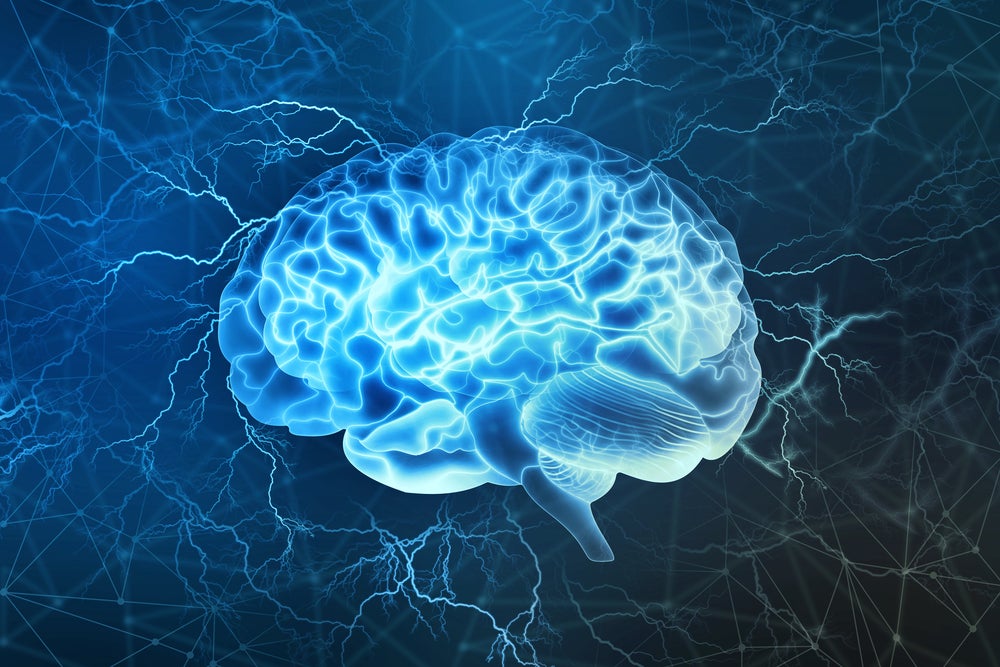ONWARD Medical has completed the first-in-human implant of its spinal cord stimulator with use of an investigational brain computer interface to aid limb movement in spinal cord injury patients.
ONWARD’s ARC-IM stimulator was implanted in a patient at the Centre Hospitalier Universitaire Vaudois (CHUV) in Lausanne, Switzerland. The wireless brain-computer interface – the BCI WIMAGINE device from CEA-Clinatec – was inserted nine days later.
The procedure is part of ONWARD’s clinical study investigating the safety and effectiveness of its investigational thought-initiated spinal cord stimulation device in patients with spinal cord injury.
The brain computer interface registers brain intention to move upper extremities and decodes signals using artificial intelligence. The ARC-IM stimulator then captures the decoded information to precisely stimulate the spinal cord. The combination has already provided positive results in providing movement for the paralysed lower legs.
ONWARD said it plans to publish data from the study, which is supported by the European Innovation Council, in the coming months.
Dr Jocelyne Bloch, who conducted the procedures said: “We are now working with the patient to use this cutting-edge innovation to recover movement of his arms, hands, and fingers. We look forward to sharing more information in due course.”
According to GlobalData’s medical device pipeline database, 79 spinal cord stimulators are currently in development globally. The majority of these(54) are in clinical development. GlobalData lists ONWARD as a key player in the device’s development arena, along with Medtronic, Boston Scientific and Nevro and others.









